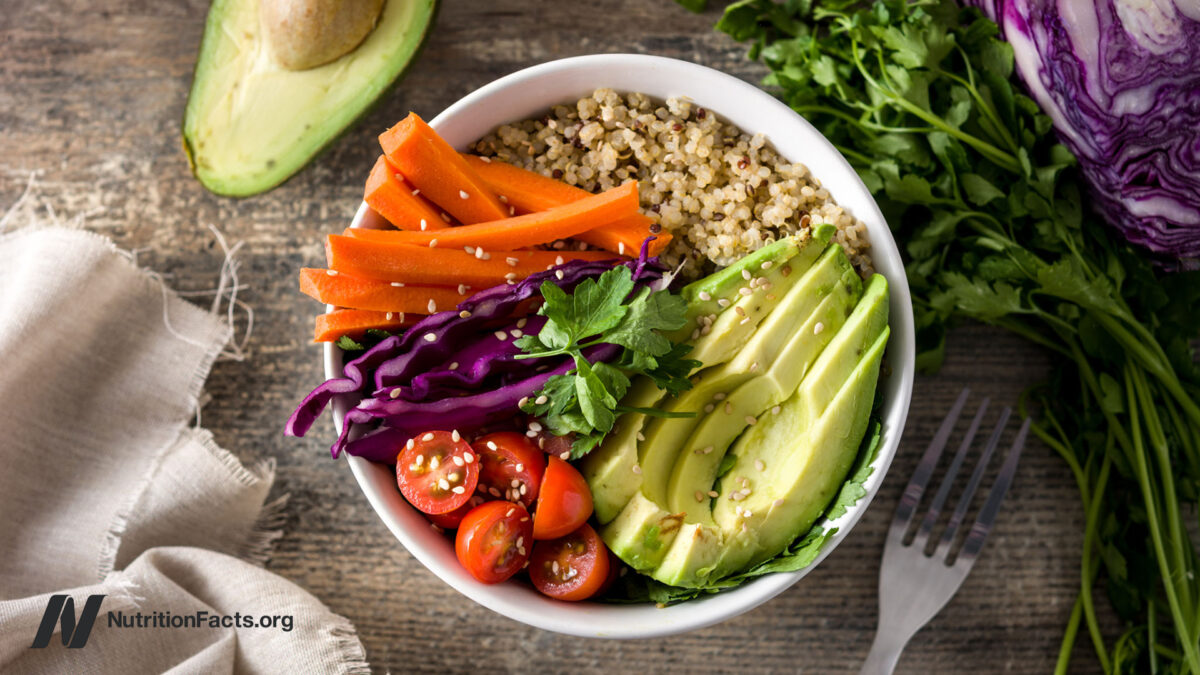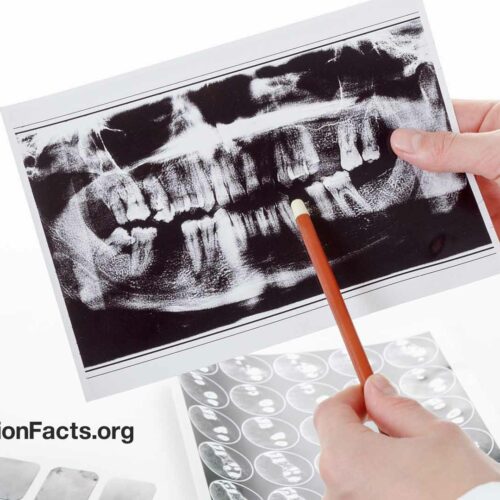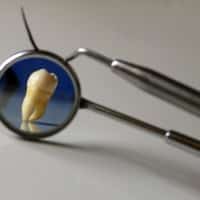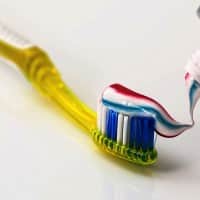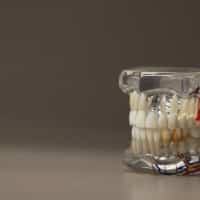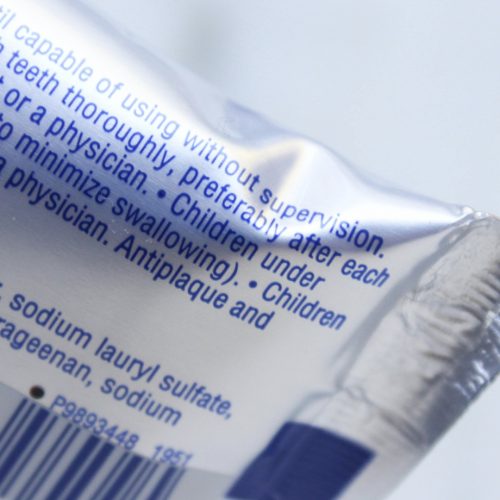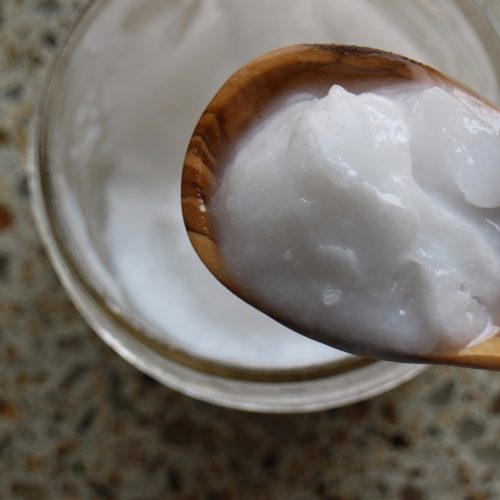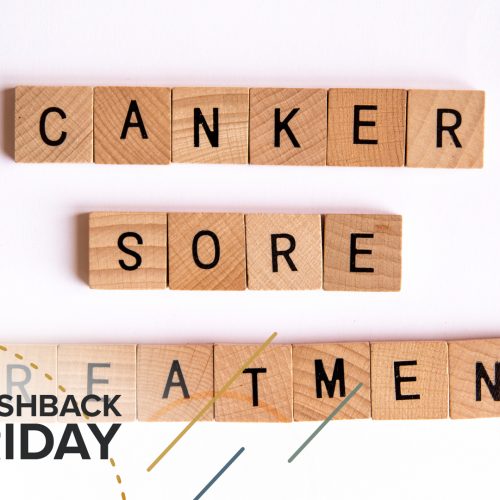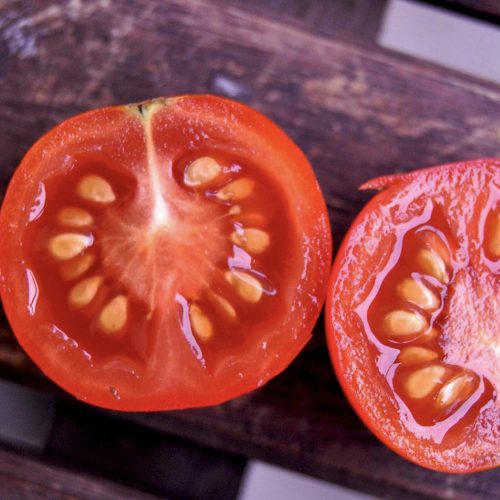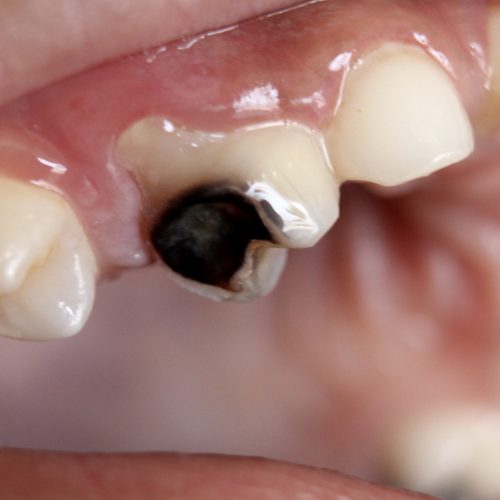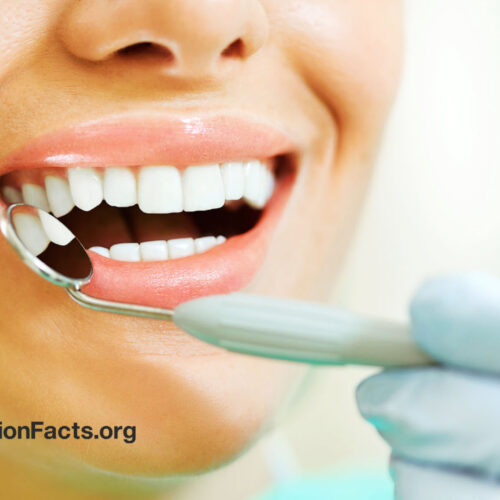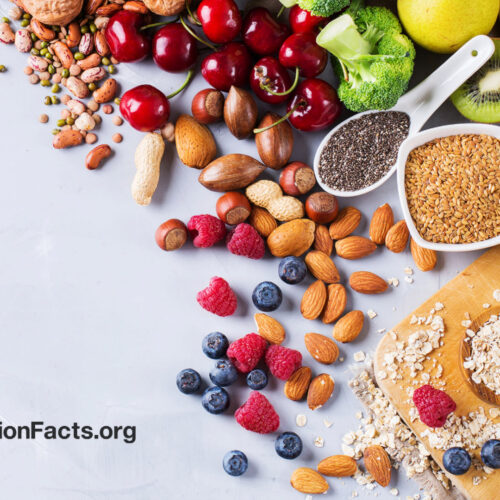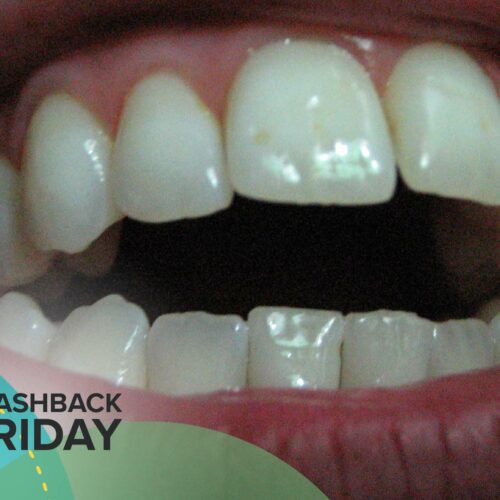Plant-based diets are put to the test in the treatment of periodontal disease.
How does nutrition affect periodontal disease? First, what is it? “Periodontal disease is a bacterial infection that results in inflammatory destruction of the connective tissue and bone that support the teeth.” As such, it is therefore one of the leading causes of our teeth falling out. Like most infections, though, the way in which our body responds may play a critical role. The presence of bacteria is the primary cause, but a susceptible host is necessary to initiate disease.
The standard explanation of periodontal disease is the plaque theory, which posits that the buildup of plaque leads to gingivitis or gum inflammation, which then leads to periodontitis or inflammation lower down beneath the gums. But, in some forms of periodontal disease, plaque doesn’t appear to play a critical role. There has been more interest in the last few years in the importance of systemic health, our body’s response. In this respect, nutrition may be of great importance because it’s been implicated in a number of other inflammatory diseases, all of which carry elevated periodontal disease risk.
Traditionally, when we think of the effects of nutrition on dental diseases, we’re only thinking about cavities. But what about the role of diet in periodontal disease? There has been less research, but if it’s about inflammation, one would expect diets rich in saturated fat to make things worse, increasing oxidative stress as well as inflammation. So, we may want to cut down on saturated fat, but let’s not just speculate. Is there an association between cholesterol levels and periodontitis? If not, it would be hard to implicate saturated fat. In fact, there does appear to be a link. Those with high cholesterol do appear to have up to double the risk.
So, what about periodontal conditions in vegetarians? A hundred vegetarians versus non-vegetarians were studied, and those eating vegetarian had “better periodontal conditions (less inflammation signs, less periodontal damage, and better dental home care).” It should be considered, however, that vegetarians may not just be avoiding meat but may also be healthier in other ways, like practicing better dental care.
Do people who eat more saturated fat get more periodontitis? Yes, in one study, participants had double the risk at the highest levels of saturated fat intake. That was a study in Japan, where they eat less than half the meat and dairy than do Americans in the United States. The only way to know for sure, though, is to do an interventional trial where you change people’s diets and see what happens. And, researchers did just that and found that bone loss was indeed magnified by a diet high in saturated fat and cholesterol—at least in the rats they studied.
In my video How to Treat Periodontitis with Diet, I talk about the kind of study that I was looking for. Its title kind of ruins the suspense: “A High-Fiber, Low-Fat Diet Improves Periodontal Disease Markers” in terms of probing depth, clinical attachment loss, and bleeding on probing—all of the standard measures. And, of course, eating a healthier diet also improves body weight, blood sugar control, and systemic inflammation, but that complicates matters. Maybe people’s mouths got better just because they lost so much weight.
Researchers have shown that you can improve periodontal disease with bariatric surgery, such as stomach stapling. After eight weeks on a diet, the study participants went back on their regular diet and gained back most of that weight. But, the periodontal disease improvements persisted, suggesting that it was more than just the weight loss that lead to the improvements. Might the high-fiber diet have altered their good gut flora or perhaps their oral flora? What exactly was going on?
German researchers took 20 women with mild to moderate chronic periodontitis and, for a year, tried to transition their diets towards more wholesome nutrition. This meant more plant foods, more whole foods, more fresh foods—trying to center their diets around vegetables, fruits, whole grains, potatoes, and legumes (beans, split peas, chickpeas, and lentils). After 12 months, the patients showed a significant reduction of probing pocket depth and gingival inflammation. And, for the first time, the researchers measured decreased concentrations of inflammatory chemicals inside the crevice between the tooth and gums. These chemicals, which are thought to be responsible for the tissue destruction in periodontal disease, decreased by as much as 75 percent. And all the while, their oral hygiene status didn’t change, suggesting it was the diet that did it. But what was missing here? A control group. Nevertheless, there’s never been any randomized, double-blind, placebo-controlled trials of diet for periodontal disease until now, which I’ll cover next.
You can also watch my video Best Foods for Halitosis and Gingivitis.
